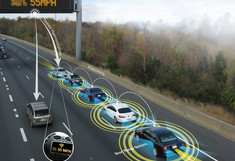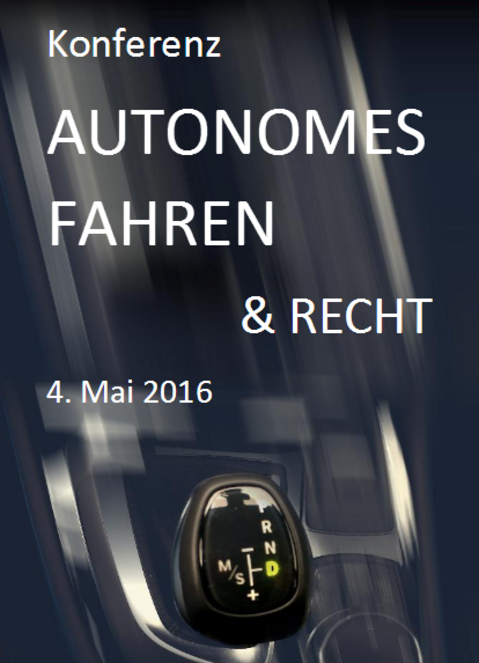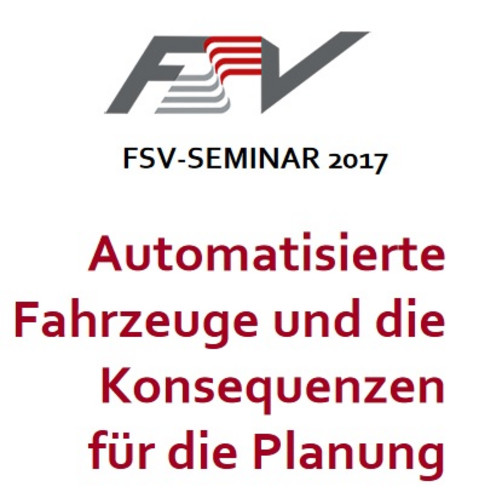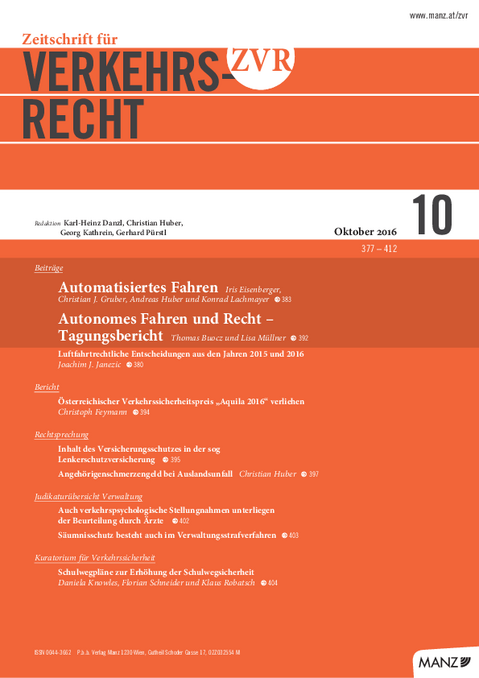Duration:
10/2016 – 01/2018
Abstract (FIS):
Technological innovations in the field of autonomous cars make hitherto unimaginable applications possible. These innovations are primarily industry-driven. Socioeconomic interests, such as the reduction of greenhouse gases, environmental protection, promotion of public transport or the job-market are left aside.
Decision makers and the government address these issues usually at a very late stage. Often regulatory efforts are only made when new technologies are marketed. Sometimes regulation is industry-driven. Hence, there is the risk that autonomous cars are developed and used without taking issues of transport policy or social impacts into consideration. These issues therefore, have to be at the centre of the discourse at a very early stage. This would be advantageous both, for the industry and for transport policy.
The overall aim of the project AUTO-NOM is to show changes in traffic behaviour and its effects on the different classes of autonomous driving (level 3 to 5 acc. to SAE standard). The results should serve policy makers as a basis for decisionmaking. Austria should be given the capacity to conduct independent transport policy and to frame its own legal setting rather than only adapting to international developments and foreign standards. This should lead to an economically and sustainable transformation process, both, at national and at European level.Currently, this is not the case. It is necessary to address the topic of autonomous driving in a holistic and transparent way.
The project AUTO-NOM will identify and quantify the changes in mobility, graded according to the classes of autonomous driving (level 3 to 5 acc. to SAE standard). Therefore the potential of autonomous driving will be identified first. Second, the impacts on mobility behaviour (modal split, transport services, etc.) will be assessed through traffic modelling. The results will be applied on three levels (national-level, state-level and city-level). At the same time, the relevant legal framework will be analysed. In addition it will be assessed at which point each level of autonomous driving (level 3 to 5 acc. to SAE standard) will be achievable. For this a Delphi-method will be used and traffic experts as well as legal experts will be questioned. The results will be compared to Austria’s transport policy objectives (e.g. the overall traffic plan). In addition, a list of essential measures to adapt the infrastructure will be produced. Austria’s international competitiveness as well as its ability to adapt to new technologies shall be secured.
Partners:
Sammer & Partner ZT GmbH, ZIS+P Verkehrsplanung
Institut für Straßen- und Verkehrswesen der Technischen Universität Graz
Institut für Rechtswissenschaften der Universität für Bodenkultur
Staff:
Eisenberger Iris, Projektleiterin
Fellendorf Martin, Projektleiter
Gruber Christian, Projektkoordinator
Kohla Birgit, Projektmitarbeiterin
Lachmayer Konrad, Projektmitarbeiter
Neuhold Robert, Projektmitarbeiter
Röschel Gerald, Projektmitarbeiter
Sammer Gabriela, Projektmitarbeiterin
San Nicolò Sophia, Projektmitarbeiterin
Funded by:




